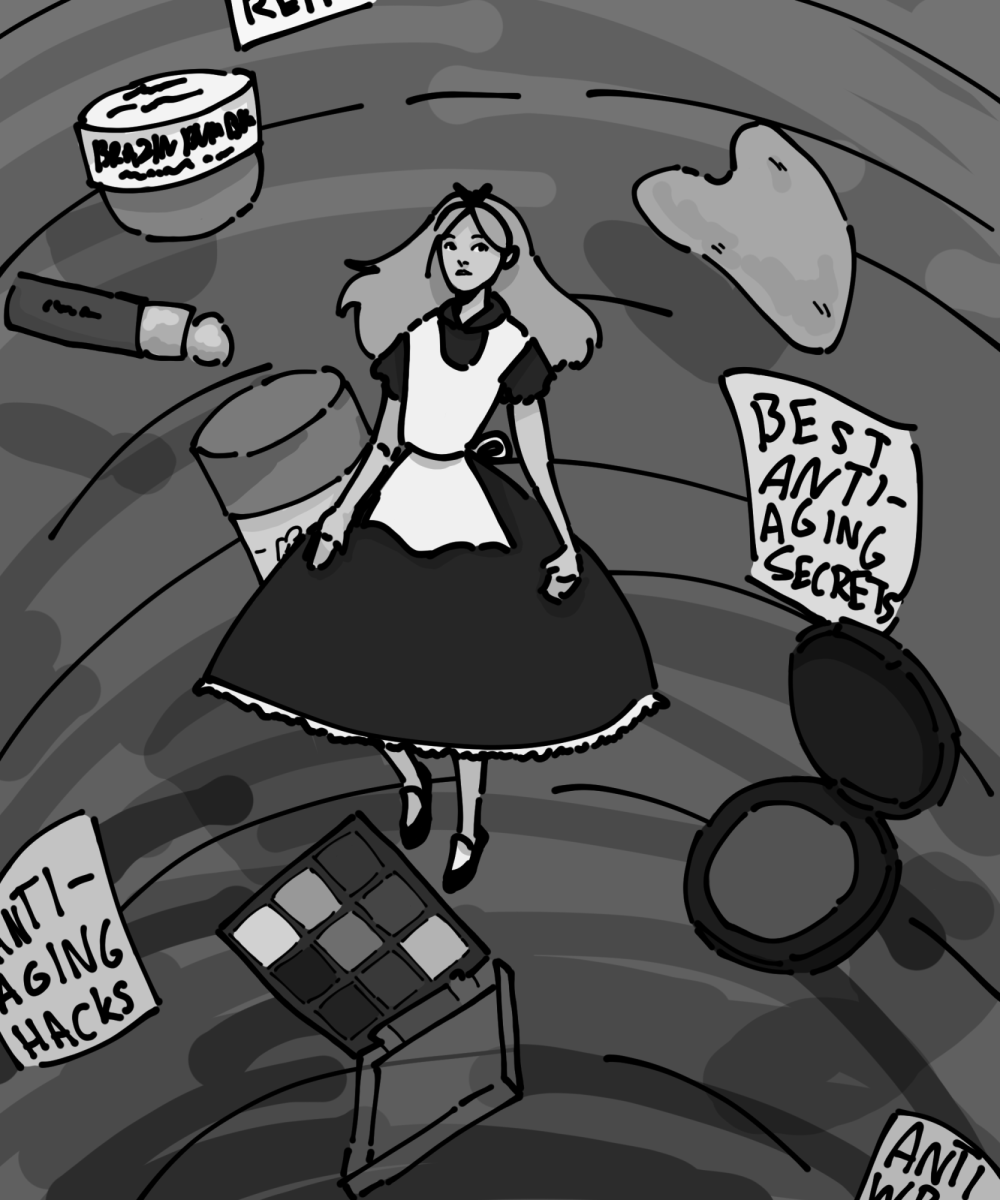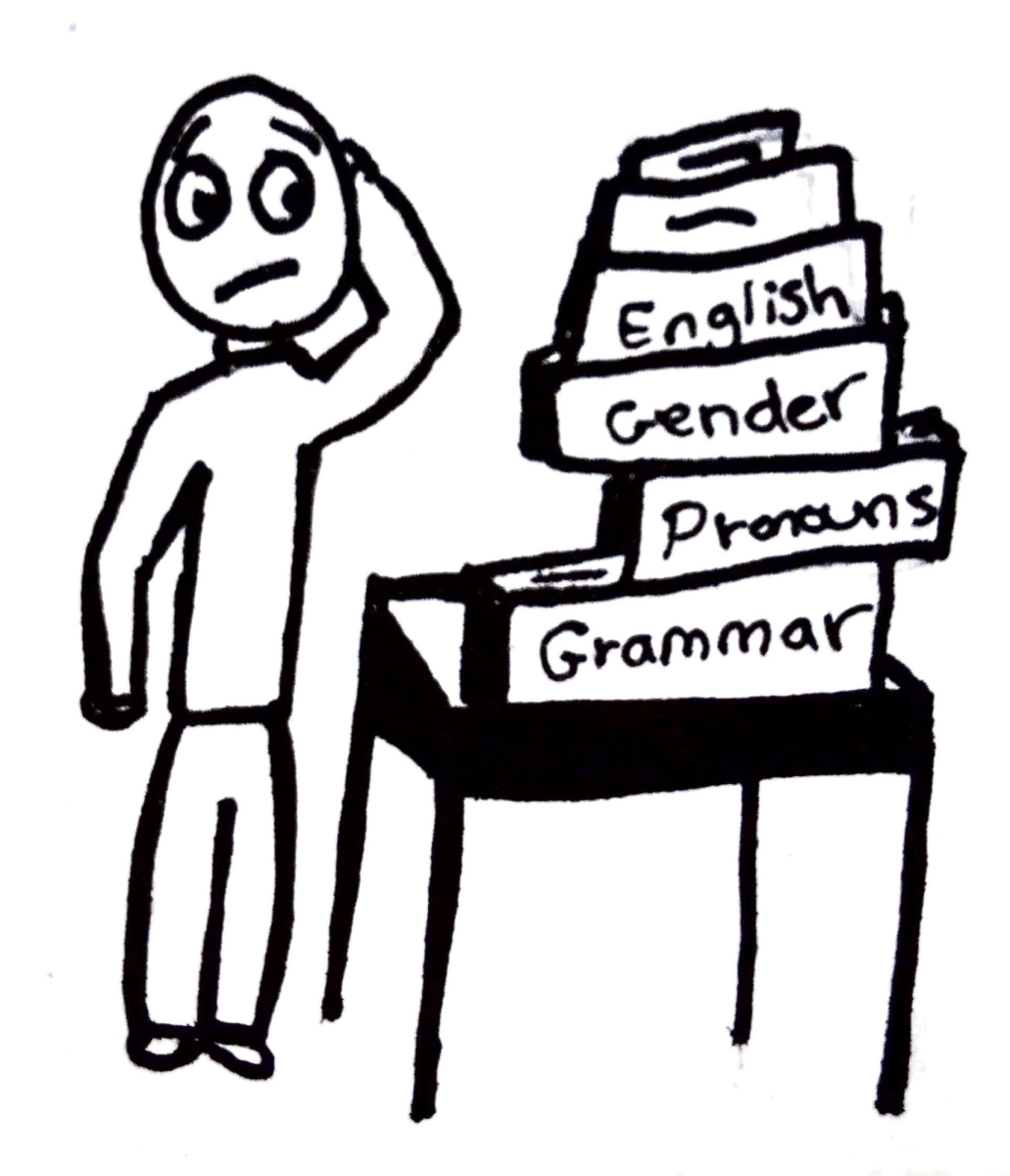How mental health issues affect us all
Anna Holt, Staff Reporter
Originally published October 24, 2017
I’ve got a panic disorder. Surprise!
It’s not something a lot of people know about me, but hey it is what it is, right? It’s just another thing about me, like the color of my eyes or the fact that I can curl my tongue.
But if it is just another little thing about me, why don’t I talk about it more?
I’m not the only one who deals with some kind of mental illness. Research from the Substance Abuse and Mental Health Services Administration, or SAMHSA, says almost one in five people suffer from a mental disorder. We’re all in this together, and yet it feels like we’re standing alone.
It seems like we’re all afraid to talk about it, afraid to stand up and say, “Hey! My brain doesn’t work right, and that doesn’t make me weak or selfish. I’m not looking for attention. I shouldn’t have to feel ashamed to talk about this.”
And we shouldn’t be ashamed. When you’re sick, you see a doctor. That’s the only way to get better. It works for physical illnesses, and it works for mental ones too.
I was only diagnosed six months ago, but I’ve already learned how to cope with my anxiety. I struggled in silence for years before I asked for help, and I won’t lie, asking for that help is hard. Because of all the negative perceptions surrounding the label of “mentally ill,” it’s difficult to talk about. And that’s not fair.
Chelsea Clark is the mental health counselor at school and she is available to all students, for all mental health issues.
“I think one of the hardest pieces is that people blame themselves for their mental illness, and I think because we get a lot of different societal messages that sort of confirm that, that’s where some of the stigma comes from,” Clark said.
Mental illness doesn’t affect only some people. It’s not selective. Mental illness isn’t this abstract thing. It touches us all. Maybe not you specifically, but someone you know. Maybe it’s your mother or your father, your sister or your brother. Maybe your best friend or your teammate. No matter who, there’s someone out there, and maybe they’re struggling in silence too.
If you know someone who has a mental illness, make sure you’re doing everything you can to create an environment where they might feel comfortable talking about it. Make every effort to be the best ally you can and commit to it. Whatever is going on inside their head is probably not a walk in the park. If you do anything, just be there for that person. Make sure they know that you’ll be there for them. Don’t let them go through it alone.
If you think that you might be going through something, and you think it might have something to do with your brain, speak up!
“Even just the act of coming in to see me, or coming to see our nurse practitioner is huge,” said Clark.
The first step in solving any problem is admitting that there is one. Trust me, it helps to be able to stick a label on it. Knowing exactly what you’re going through makes it easier to go through it. Know that you’re not alone. There are tons of people going through something similar. You don’t have to be afraid to stand up and say, “Hey! My brain doesn’t work right, and that doesn’t make me weak or selfish. I’m not looking for attention. I am not ashamed to talk about this.”
![West Seattle High School’s (WSHS) Chinese program is closing down and teachers in the program are informed to transfer to a different high school. At WSHS, 475 both former and current students have signed a petition to help teacher Ying Yu continue her Chinese program. She shares that initially, the program offered only four classes with 90 students but with her initiatives, the program grew to be full-time with 154 students and 137 students on the waiting list. (Seattle Public Schools Board Meeting YouTube Channel: Seattle Schools Board Meeting May 8, 2024, [58:25])](https://ballardtalisman.org/wp-content/uploads/2024/06/Screenshot-2024-06-14-134038.png)


![“Link Crew is meant to be a way for [upperclassmen] to help ninth graders with the transition to high school,” Laura Lehni, language arts teacher, ASB advisor and Link coordinator, said](https://ballardtalisman.org/wp-content/uploads/2024/05/IMG_4601-1200x800.jpg)










![Henry Willy [pictured left] taking the field with his teammates in a 10-11 loss vs. Saas.](https://ballardtalisman.org/wp-content/uploads/2024/05/IMG_2431.jpg)






